The Food and Drug Administration on Monday lowered the age that people can receive Pfizer’s Covid-19 vaccine in the United States to 12 — a move that is expected to make millions of more shots available.
The Pfizer-BioNTech vaccine was authorized for use in people ages 16 and up in December. The FDA has now amended the authorization to include children ages 12 to 15.
Full coverage of the coronavirus outbreak
Last week, President Joe Biden said in remarks at the White House that the administration was “ready to move immediately to make about 20,000 pharmacy sites across the country ready to vaccinate those adolescents as soon as the FDA grants its OK.”
First, however, the Advisory Committee on Immunization Practices, or ACIP, of the Centers for Disease Control and Prevention will meet Wednesday to update its recommendation for who should receive the Pfizer vaccine.
If the head of the CDC, Dr. Rochelle Walensky, signs off on the committee’s recommendations, the first shots for children kids 12 and up could come within days.
“They could be as soon as Thursday,” Dr. Peter Marks, director of the FDA’s Center for Biologics Evaluation and Research, said on a call with reporters Monday.
The two Pfizer vaccine doses would be exactly the same as what are given to adults, three weeks apart, FDA officials said.
If it is greenlighted by the CDC, the vaccine’s rollout may differ from state to state. The FDA authorization applies everywhere across the U.S. and territories, but some sites or pharmacies might not give the shots to younger teens, depending on state rules and regulations.
On the FDA’s website, the agency’s acting commissioner, Dr. Janet Woodcock, said the authorization was “a significant step in the fight against the COVID-19 pandemic.”
The action, Woodcock wrote, “allows for a younger population to be protected from Covid-19, bringing us closer to returning to a sense of normalcy and to ending the pandemic.”
The administration also plans to send vaccines directly to pediatricians’ offices, where parents may feel more comfortable discussing their children’s shots. The vaccinations will also be available at other sites, such as community centers.
In late March, Pfizer said Phase 3 clinical trial data showed that its Covid-19 vaccine was 100 percent effective in preventing the illness in children 12 to 15 years old.
The U.S. trial study included more than 2,200 people in that age group. About half got the real shots, while the rest got placebos. Pfizer said 18 people in the placebo group were diagnosed with Covid-19. No cases were reported among those who got the vaccine. The preliminary findings were announced in a news release, without peer review of the full set of data.
While the company said the vaccine is generally safe for children, with minimal side effects, such as a slight fever or a sore arm, doctors say releasing the full data will be important to increasing confidence in the safety of the shots.
“The more transparency we can have in this entire process, the better off we are in terms of trust,” said Dr. Sean O’Leary, vice chair of the committee on infectious diseases at the American Academy of Pediatrics.
Still, the “vaccines appear to be extraordinarily safe,” O’Leary said. ” I think that should be very encouraging to parents and adolescents.”
While some children can get very ill and, in rare cases, even die from Covid-19, most are not considered to be as vulnerable to the coronavirus as adults. But they can certainly become infected and pass the virus on to others.
“Remember that the burden of this disease has not been felt primarily by our children. It’s been by our older adults,” said Dr. Buddy Creech, a pediatric infectious disease expert at the Vanderbilt University Medical Center in Nashville, Tennessee.
“This is a really important piece of coronavirus prevention. When we vaccinate children, we don’t just protect them. We protect their parents and their grandparents,” he said.
The shots could have a drastic impact on the start of school this fall. If enough young people are protected, schools are more likely to reopen normally. It has been established that remote learning over the past year has increased levels of stress and other mental health problems. Research has also shown that education has taken a hit, particularly among children with disabilities and those from low-income families.
Download the NBC News app for full coverage of the coronavirus outbreak
“There are a lot of kids who never even showed up for remote learning,” O’Leary said. “We have a lot of catching up to do.”
Dr. Richard Besser, president of the Robert Wood Johnson Foundation and former acting director of the CDC, agreed, particularly when it comes to children from communities of color, who have been disproportionately affected by the pandemic.
“Having middle school and high school children who are vaccinated will get more children back in school learning,” said Besser, a pediatrician. “This is a critically important moment in our fight against the virus.”
The Pfizer vaccine is the only one available for people under age 18 in the U.S., but it will soon be joined by others.
Johnson & Johnson is studying its one-dose vaccine in children 12 to 17. And Pfizer and Moderna have also begun trials of vaccinating children as young as 6 months. They will be monitored for six months, with results expected by the end of the year.
Follow NBC HEALTH on Twitter & Facebook.

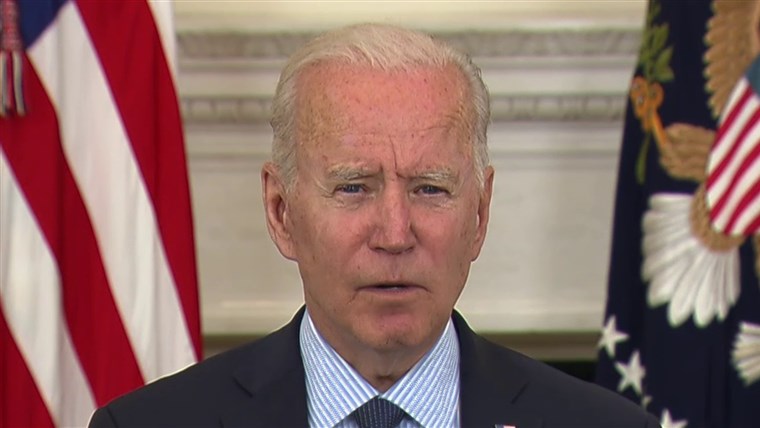
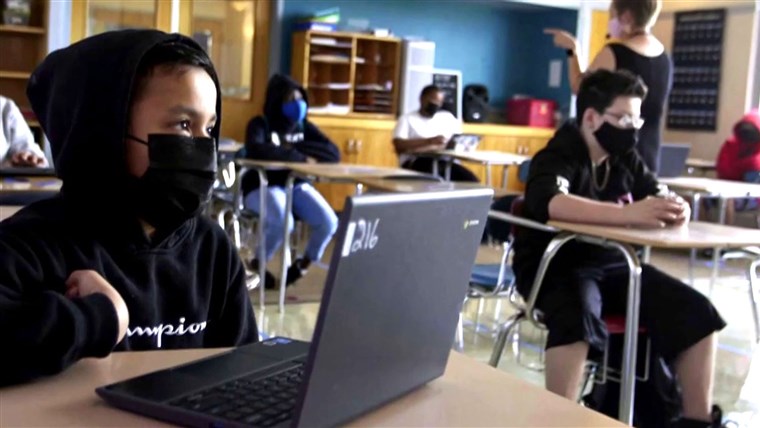
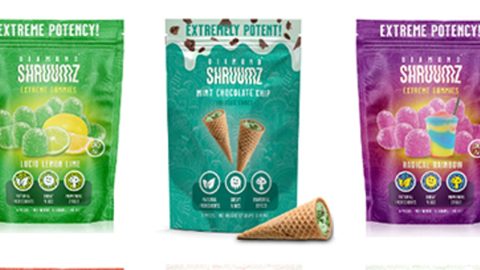
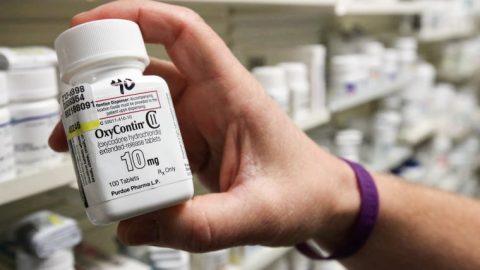
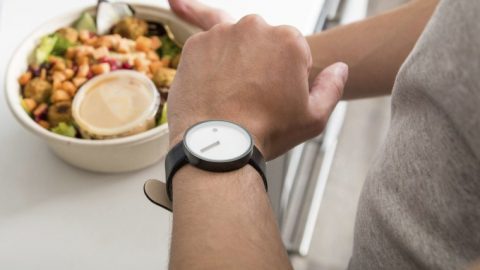
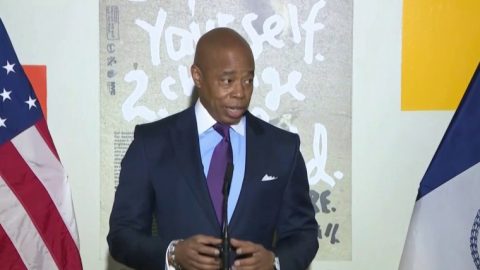
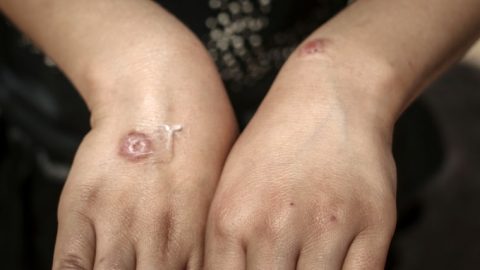
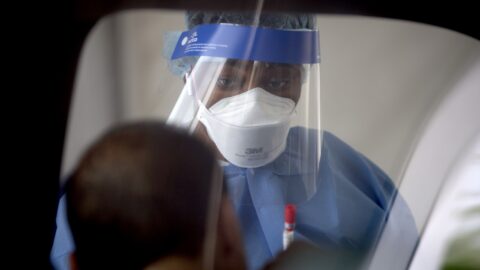
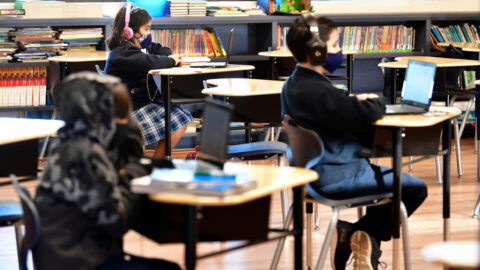
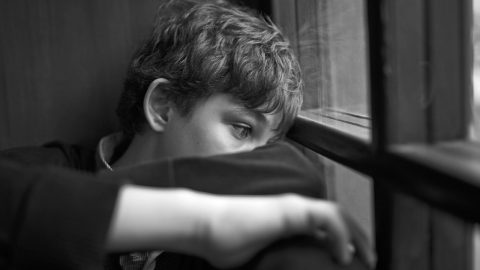
Recent Comments